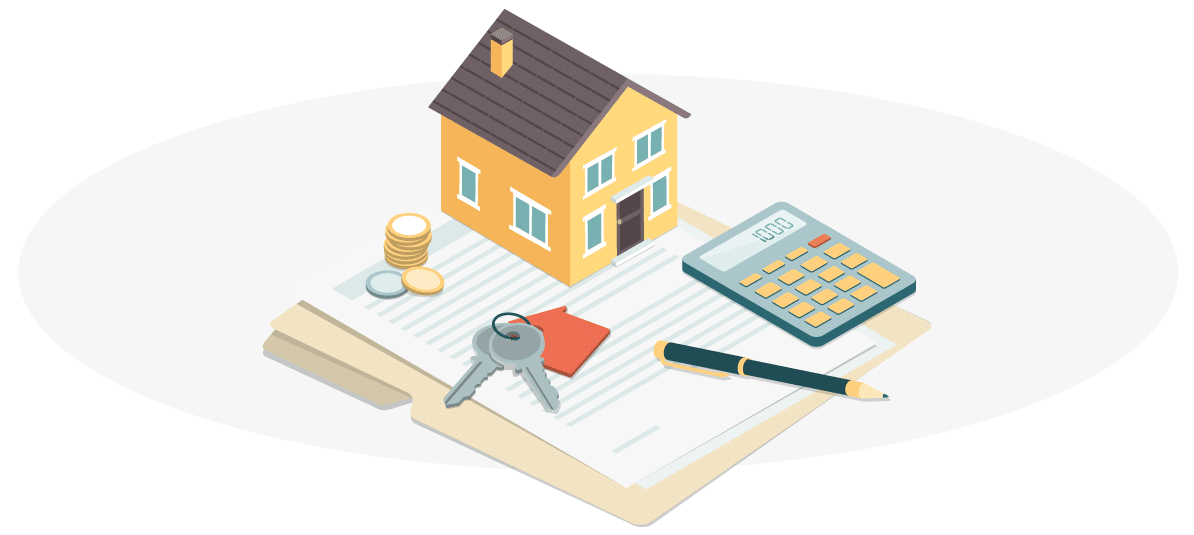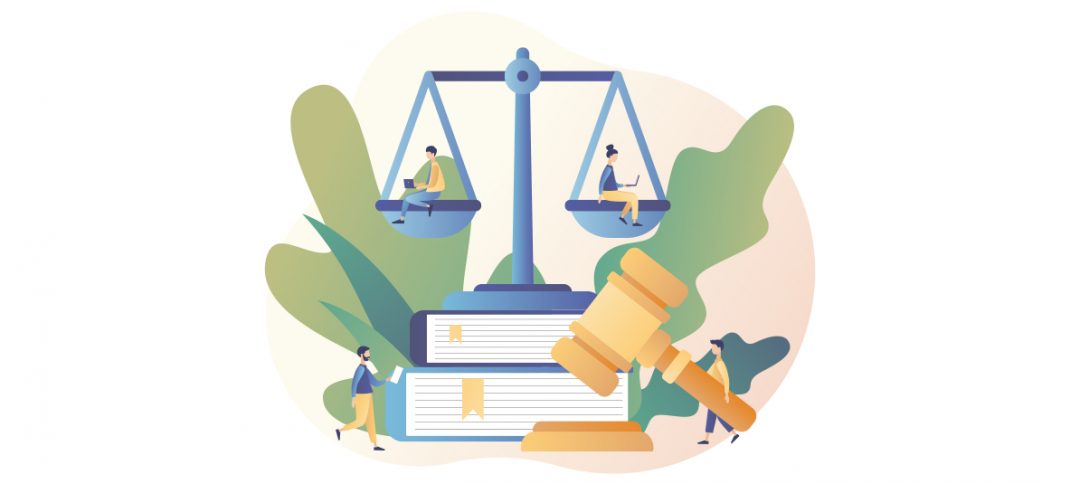What happens when the tenant of a house stops paying the rent to the owner? Obviously this represents a serious economic loss, but it is also an unpleasant situation that causes a lot of stress, wasted time and worry. In fact, along with potential material damages, this is the main reason that makes homeowners think twice about renting a property.
Insurance against uncertainty
As is already the case in many other everyday situations that worry us, the insurance world has managed to come up with a response to this concern: the formula is called “rental protection insurance” or “unpaid rent insurance”. It is a very effective tool that is also changing the traditional mechanisms that owners used to use to protect themselves against defaults.
The usual thing was for property owners to ask potential tenants for personal guarantees or bank guarantees. However, this system is very expensive and not always easy for the tenant to obtain, even if they are completely solvent. Therefore, rental protection insurance is replacing bank guarantees to provide an additional guarantee to the cash deposit stipulated by the Spanish Rent Act.
Non-payment and damages
In this way, if the tenant defaults or causes damage to the home, the insurance company will cover these amounts according to the amount of unpaid monthly payments stipulated in the policy and any intentional damages that may have been caused.
Choosing the ideal tenant
In order to offer this service, insurance companies establish several general requirements: firstly, the tenant must prove – by providing the relevant documentation – that they are not registered in any database of debtors; they must also provide proof of economic solvency and that the annual rent does not exceed 40-45 percent of their net annual income. This also benefits the property owner, since the insurance company helps to make the optimal selection of the potential tenant of their property.
In addition, this type of insurance also usually offers coverage associated with the defense and protection of the owner’s interests (disputes arising from the contract and evictions), and any type of urgent home repair.









